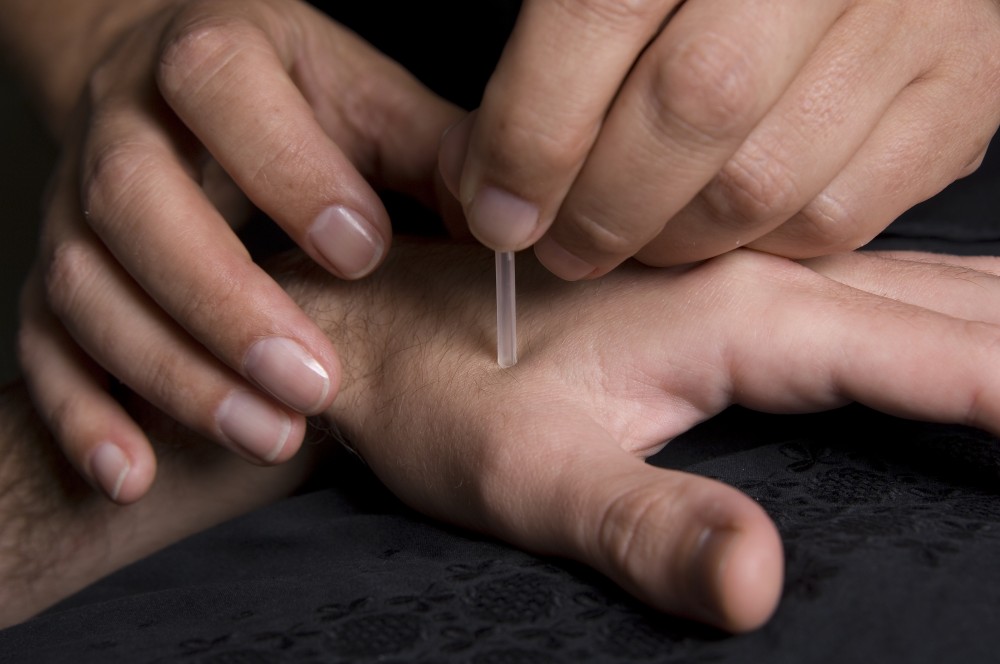What is Acupuncture?

Acupuncture is a traditional therapy with roots in China dating back more than two thousand years. It is used as part of a holistic approach to wellbeing, with the intention of supporting both body and mind. People often report that it helps them feel more relaxed, balanced, or energised.
In traditional Chinese medicine, acupuncture is understood to influence the flow of energy — known as Qi — through pathways in the body. From a modern perspective, research suggests acupuncture may affect the nervous system, potentially influencing the release of naturally occurring chemicals linked to relaxation and wellbeing.
The National Institute for Health and Care Excellence (NICE) recommends acupuncture as a treatment option for:
Early, non-specific lower back pain (short-term)
Tension-type headaches
Migraine prevention
Some people also choose acupuncture alongside conventional healthcare to support their general sense of wellbeing, help manage periods of stress, or when experiencing changes in how they feel physically or emotionally. Treatment is always tailored to the individual, with the focus on you as a whole person rather than only on specific symptoms.
How does acupuncture work?
Acupuncture evolved in ancient China, long before modern medical science. As a result, traditional acupuncture theory is based on concepts — such as the flow of Qi — that differ from current scientific models of the body.
In recent decades, researchers have studied acupuncture from a physiological perspective. Scientific theories suggest that inserting very fine needles may stimulate the peripheral nervous system. This can trigger local responses in the tissues around the needle and broader responses within the central nervous system.
Some studies indicate that acupuncture may:
- Encourage the release of naturally occurring chemicals, such as endorphins, which are associated with pain modulation and mood changes.
- Influence blood flow in the area of insertion by triggering the release of vasodilating chemicals.
- Affect brain activity in regions linked to emotion, hormone regulation, and the stress response.
Research in this area is ongoing, and while these mechanisms have been observed in certain studies, more work is needed to fully understand how acupuncture produces its effects.
If you’d like to know more or arrange an appointment, you can call 07717 515 013 or email sean@seanheneghan.com.
Click here to find out What happens in an acupuncture treatment